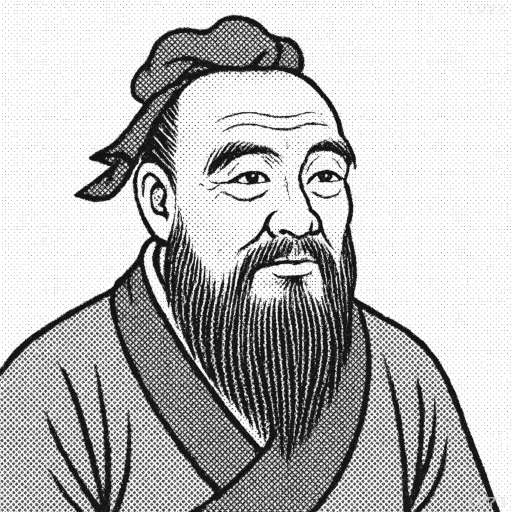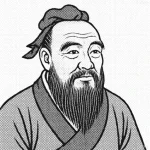“I hear and I forget. I see and I remember. I do and I understand.”

- 551 BC – 479 BC
- Han ethnicity
- Philosopher, educator, politician
table of contents
Quote
“I hear and I forget. I see and I remember. I do and I understand.”
Explanation
In this saying, Confucius emphasizes the importance of active, experiential learning. He suggests that true understanding comes from direct involvement and practical application. Hearing something provides knowledge but is easy to forget, while seeing something reinforces memory. However, true comprehension comes only through doing—through hands-on experience and personal engagement. For Confucius, wisdom is not just about acquiring information; it’s about applying that knowledge to gain insight and mastery.
This teaching is especially relevant in education, skill development, and personal growth. Simply listening to a concept in a lecture may leave only a faint impression, and observing it may help us recall it. But when we actively apply what we learn—whether through exercises, practice, or real-life experiences—we deepen our understanding and can integrate that knowledge into our lives. For example, a student may remember a scientific theory by reading about it, but performing an experiment makes the principles concrete and meaningful. Similarly, someone learning a new skill gains real proficiency through practice rather than passive observation.
Confucius’s wisdom encourages us to engage fully with what we seek to learn. By “doing,” we bridge the gap between knowledge and understanding, transforming information into real-world competence and self-assuredness. This approach promotes lifelong learning and builds the confidence to apply our knowledge in meaningful ways, enriching both ourselves and those around us.
Would you like to share your impressions or related stories about this quote in the comments section?




